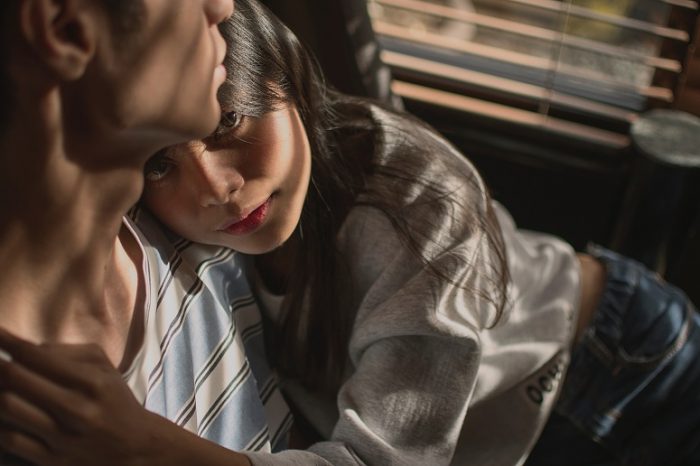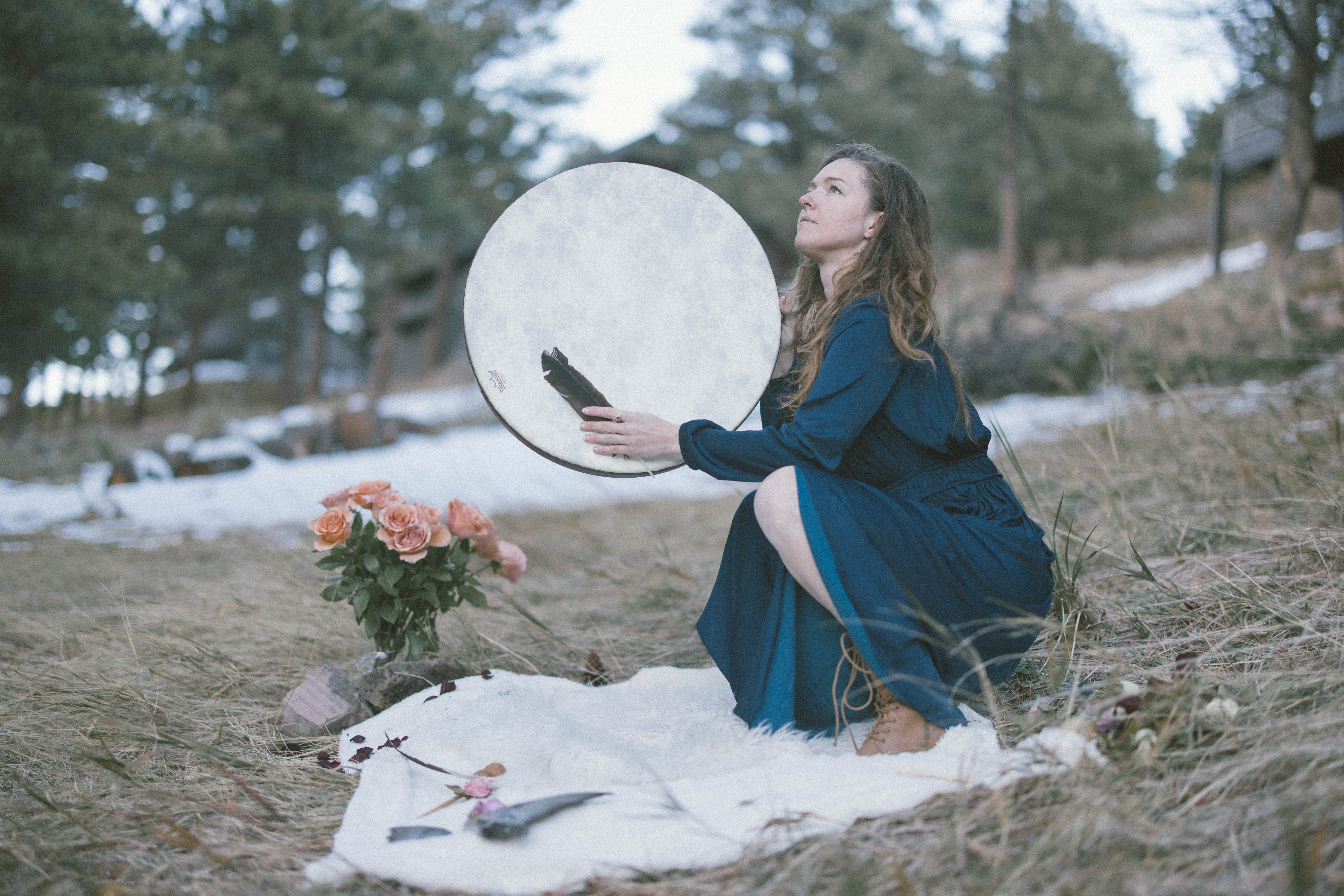I’ve stopped looking for “The One”—the one person I’m meant to spend the rest of my life with.
That’s what we’re supposed to be looking for, right? When we’re 31, and single again, and have spent the years watching our friends and younger sisters have beautiful bohemian style weddings in lace dresses on the beach and give birth to chubby-cheeked babes, some of them now about to enter middle school?
Or when we’re 31, and divorced, but not single, because once you’ve been married every checkbox list on every identifying piece of paper will include the option divorced, as if you can never revert back, and you’re labeled, tainted with the sting of a negative name tag forever on your identity?
We’re the ones who just can’t get it right…right?
This concept of “The One” has a fundamental flaw though. We are always growing and changing as people. Even if on the surface it looks like we are the same person, something is always flowing and changing. Sometimes at a faster pace than others.
If I myself am not merely one person, since I have been at the very least many different shades of one person, then how can I expect a partner to remain one person forever?
How do we expect to find someone who will be what we want in a relationship now and who will continue to be what we will want in the future? When our needs change and our desires ebb and flow, in a way that is entirely unpredictable, and our partner’s needs change and their desires ebb and flow, how do we forever maintain that mutual satisfaction and connection?
Some of us have never been able to maintain it for long, which is why we leave a track record of relationships in our wake.
I used to believe this meant there was something wrong with me. Either I was fundamentally flawed or I attracted the wrong men. But when I look back, no matter how difficult or even unhealthy any of my relationships were, I would not be where I am today without each and every one of them. Each relationship teaches us valuable lessons.
The lessons of why we were attracted to them in the first place, of what they mirrored within us, of what projections we placed on them instead of taking accountability for within ourselves, of what we wanted our boundaries to be, and of what we even desired in our partners in the first place.
I know there are relationships out there that have lasted 50-plus years, happily. They may have been difficult, or not, but either way the mutual love remained. They grew together instead of apart—and that is wonderful. I don’t cast judgment on these beautiful couples.
But, I do want to challenge the cultural mindset that they “got it right.” That somehow their long-lasting relationship is superior to my shorter ones, no matter how passionate, how deeply intimate and heart-opening, how influential and profound they were in my life. That short relationships are mistakes of some sort, or failures.
Why do we so undervalue change and growth?
What if we’re not looking for some perfect Mr. or Ms. Right to place on a pedestal? What if we’re done imagining some great life we will accomplish together forever as a couple—waiting for the right person for our lives to actually start? What if we’ve realized this fairy tale has a fundamental flaw?
It assumes that we can’t accomplish greatness on our own. It is based in the belief that we are incomplete if we’re not part of a power couple. And you know what? I no longer buy in. I am enough as I am on my own.
I, alone, am whole.
So, if we’re no longer looking for the perfect second half to our incomplete puzzle piece, then what purpose does dating even serve? Why be in a relationship at all? What do we look for if we don’t have standards of greatness and perfect compatibility to seek out? Do we not maintain any standards at all?
Casting off this cultural illusion, we can now recognize that relationships can be our greatest teachers—in whatever form they come. They reflect what is wounded within us and allow us to take accountability and grow. Although this often means we grow out of them and into new ones, what if we truly value that experience for the profound impact it has on us? What if we stop allowing it to mean that we “didn’t get it right”?
Our souls chose to experience this physical life in all its forms. Its highs, its lows, its pain, its suffering, its joy, its greatness, and most of all, its connection. What if we choose to seek out and experience the romantic connections that bring us joy? Let that be our standard—and then learn from them.
What if we choose to reject the culturally-imposed shame for not being in one relationship for our entire lives? What if we embrace the fact that some of us love relationships? We love the experience, the playfulness, the romance, the sex, and the affection. We love the falling in love and the deepening in love, the building of intimacy, and sometimes we even love the eventual heartbreak. We love watching the way that masculine and feminine traits in each of us playfully intertwine, feeding off each other and creating magic.
Maybe then we can stop feeling shame and surrender to our desires. We can know that there is no one experience that can define “getting it right,” and relax into knowing that whoever we attract and feel authentic desire for is meant for us, right now. Even if they’re not “perfect.” Without any expectation of how long it will last. Knowing that they will help accelerate us on our path of growth and with our next lesson.
And we can relish every last sweet second of the experience.
Then, there’s no need for being on high alert over potential flaws and long-term dealbreakers. Of trying to seek out and predict how things will play out in the future. Because no matter how hard we try to control our lives, the universe always has grander future plans for us that we can’t even see or fathom right now. So why bother trying to control it? Why not just experience it the way our souls were meant to?
Does this mean we’ll never get married? Or have children? Some of us don’t want those things, so we won’t. And we reject any shame for the lack of those desires. Some of us would love to experience planning a wedding and being married for years. And for us, one of our future relationships may last long enough for that to happen, and we will cherish that experience and learn from it.
But no matter whether we buy each other rings or go in on a house together or have three kids, we’ll never expect forever from them just because we’re supposed to claim them as “The One” for us. We’ll never diminish their worth to fit and remain inside an unchanging box.
Instead, we’ll value the experience of being with them and their profound impact on our life, no matter how long we decide to grow together—before we eventually grow apart, or don’t.
~


 Share on bsky
Share on bsky





Read 0 comments and reply